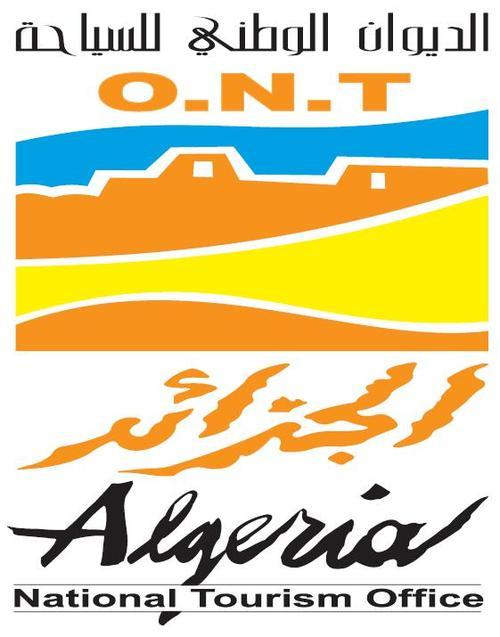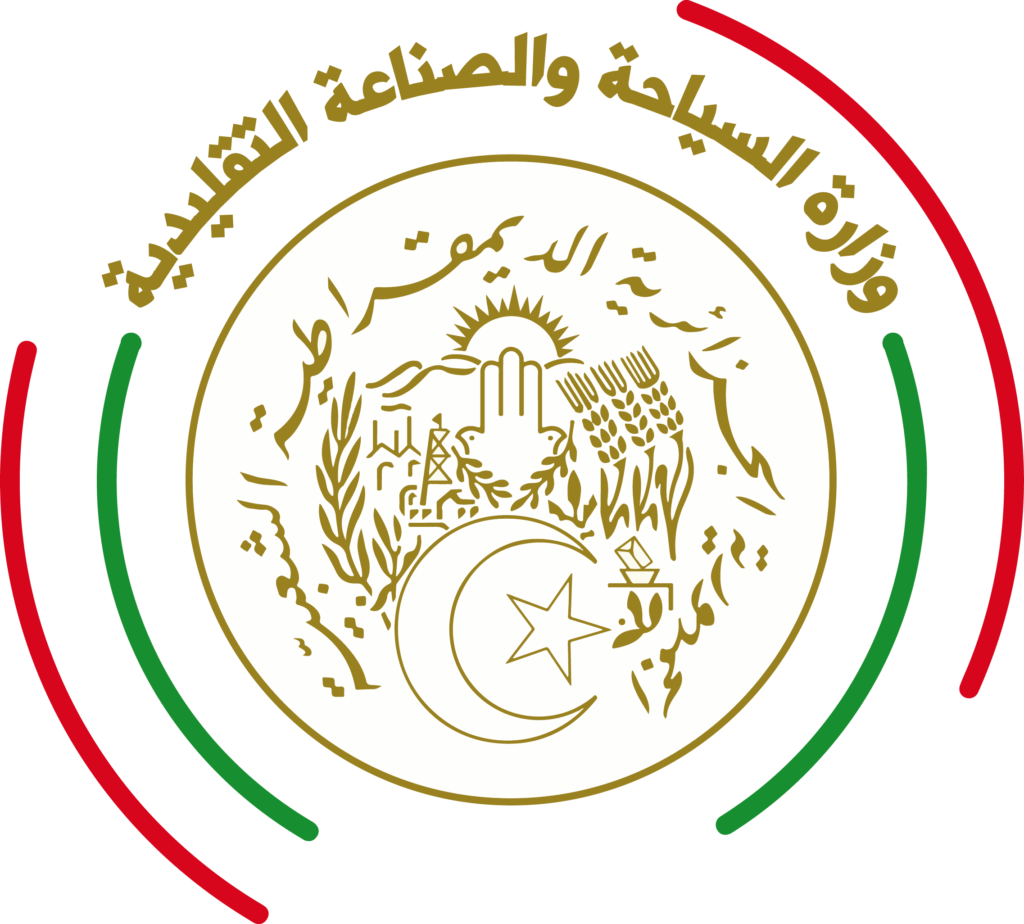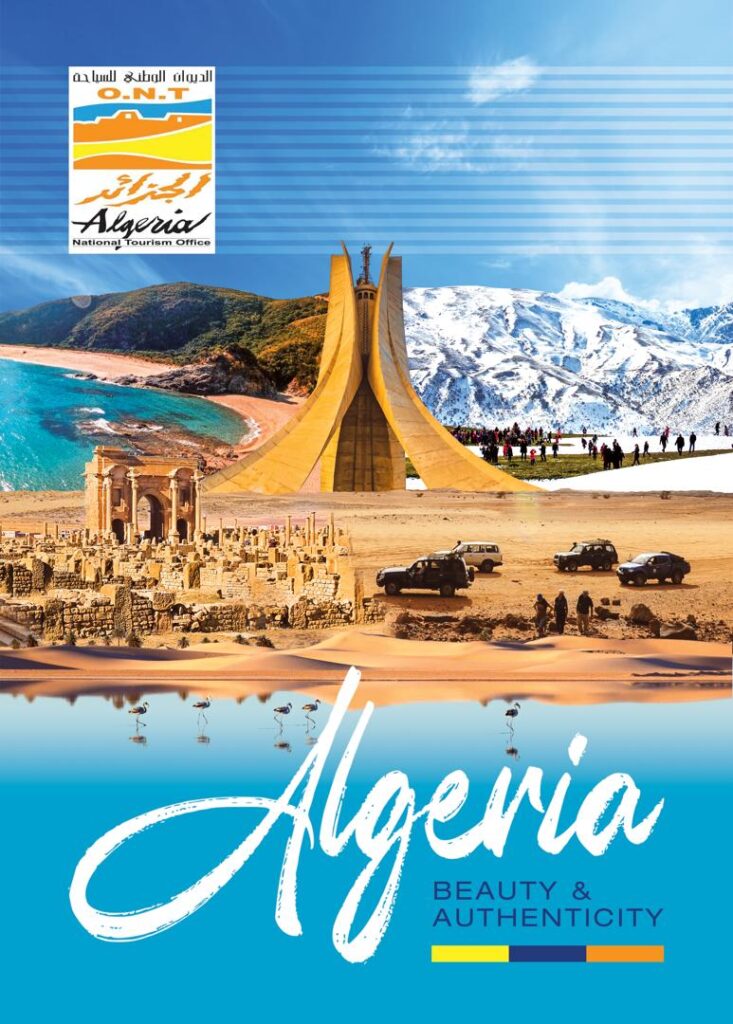Abdelhamid Ben Badis (Arabic: عبد الحميد بن باديس) :
born on Wednesday, December 4, 1889 1 in Constantine, a city in north-eastern Algeria, who died on Tuesday, April 16, 1940 in the same city, was an emblematic figure of the Muslim reformist movement in Algeria. Abdelhamid Ben Badis was the eldest son of a middle-class urban family. It helps to strengthen in the broadest masses the concepts of nationalism, Arabism and fidelity to Islam, the three pillars of the Algerian personality according to him2
In 1931, Ben Badis founded the Association of Algerian Muslim Ulemas2. It was in the monthly al-Chihab that he published, from 1925 until his death, his reformist ideas which concerned both religious and political issues.
Biography :
Abd el Hamid Ben Badis was born in Constantine on December 4, 1889. He belongs to an old bourgeois family, descended from Zirid emirs, a Muslim Berber dynasty founded in the 10th century by Bologhine ibn Ziri3. His father, Mohamed el-Mostapha ben el Mekki, was a big landowner in the region and one of the most influential notables in the city of Constantine and its surroundings
His education :
Ben Badis grew up in a pious entourage; he learned the Qur’an from the age of thirteen; he was then conformist. Very young, he is placed under the preceptorship of Hamdân Benlounissi, close disciple of the scholar Abd el Kader El Medjaoui (1848-1914). Hamdane Lounissi made a lasting impression on Ben Badis’ youth, so that he never forgot his advice: “Learn science for the sake of science, not for duty”. Hamdan Benlounissi also made him promise never to become an official on behalf of the colonial state of the time, France. He is also known for having always defended the rights of the Muslim inhabitants of Constantine
At the Zitouna Mosque :
In 1908, at almost 20 years of age, Ben Badis decided to start his first science trip to the Tunisian Zitouna Mosque, which was a major science center at the time.
At the Zitouna mosque, its horizon begins to grow. He likes to pray lying in the grass. There he meets many scholars who have influenced his personality and his orientation. Among them, the Sheikh Mohamed Al Nakhli who rooted in him the ideology of reform, as he showed his method to understand the Koran. There is also Sheikh Mohamed Al Taher Ben Achour who guides him to love the Arabic language. As for Sheikh Al Bashir Safer, he pushes Ben Badis to take an interest in the history and contemporary problems of Muslims, as well as to find a solution to repel Western colonialism and its effects.
After returning to Algeria, he immediately began teaching at the Djamaa Al Kabir mosque in Constantine. But those who opposed the Muslim reform movement wanted to ban it, which pushed him to go back to the Middle East this time.
In Medina :
After completing the pilgrimage to Mecca and Medina, Ben Badis stayed there for three months to teach Masjid al-Nabawi.
He later meets his friend and one of the supporters of the Muslim reform movement, Sheikh Mohamed Bachir El Ibrahimi. This meeting is the starting point for the reform in Algeria, as the two met and discussed at length to develop a clear reform plan. Sheikh Hussein Ahmed Al Hindi, also residing in Medina, advised him to return to Algeria who needed him.
On the way back, Ben Badis visits Syria and the Al-Azhar mosque in Egypt where he meets many men of science and literature.
His return to Algeria :
In 1913, Ben Badis returned to Algeria and moved to Constantine where he began his teaching work. He begins by teaching classes at the mosque, children and adults. Subsequently, he began to develop the idea of founding the Association of Algerian Muslim ulemas. In 1936, Ben Badis participated in the founding of the Algerian Muslim Congress (CMA) but it was dissolved in the summer of 1937 by the colonial power.
The same year, Ben Badis returns to the head of the Association of Muslim Algerian ulemas. One of the major concerns during this period of Abdelhamid Ben Badis’ life was the struggle against the repression of the Algerian patriots and the denunciation of fascist propaganda and anti-Semitic acts. All this he did while practicing his daily work as a journalist. It is in this capacity that he covers the trial of the assassination of Mufti Bendali.
In 1939, Ben Badis founded a football club called Mouloudia Ouloum of Constantine (MOC).
On April 16, 1940, Ben Badis expires in his hometown of Constantine. He is buried in the presence of 20,000 people. His funeral takes on the appearance of a gigantic anticolonialist demonstration.
The national holiday “Youm el Ilm” or “Knowledge Day” is celebrated in his honor every April 16th




